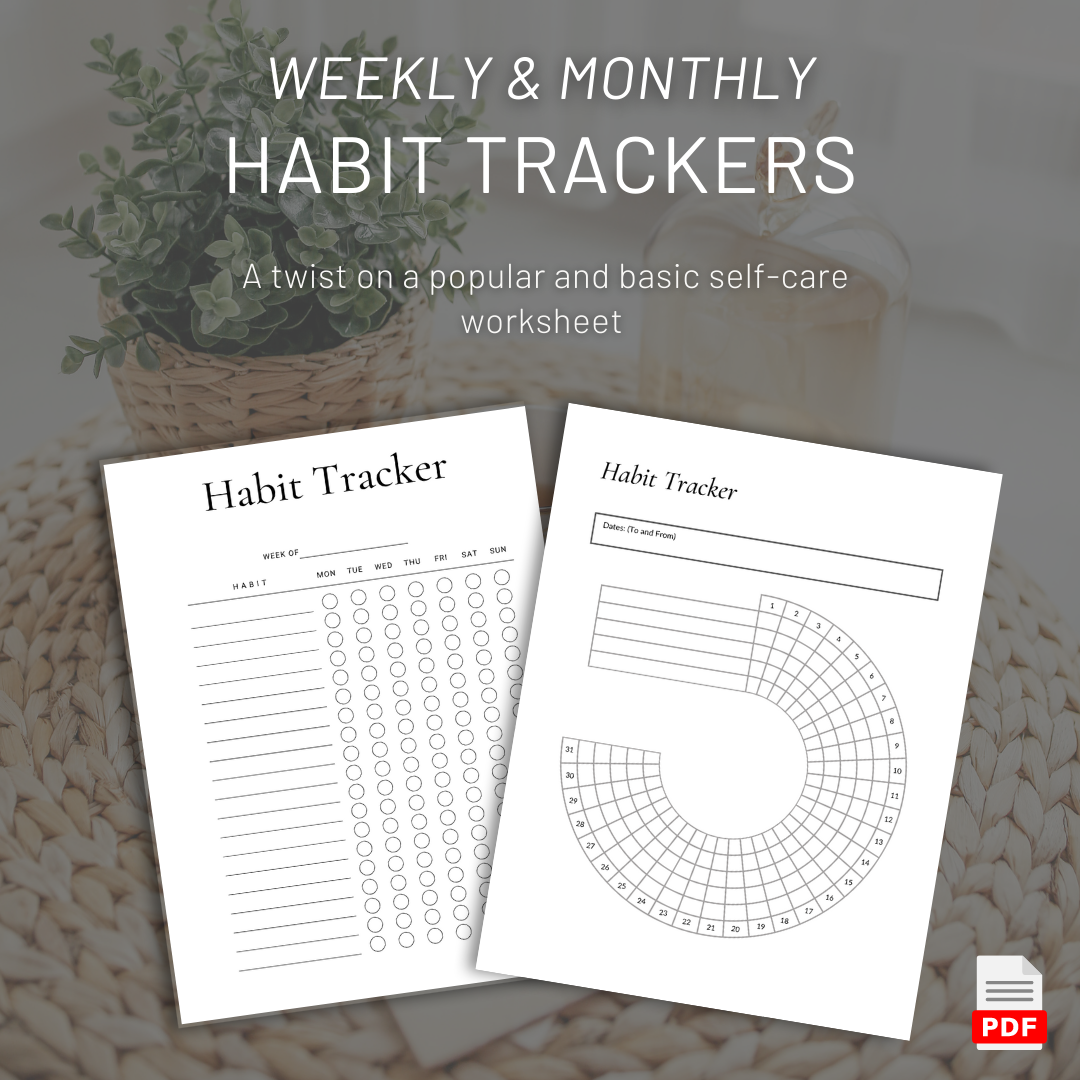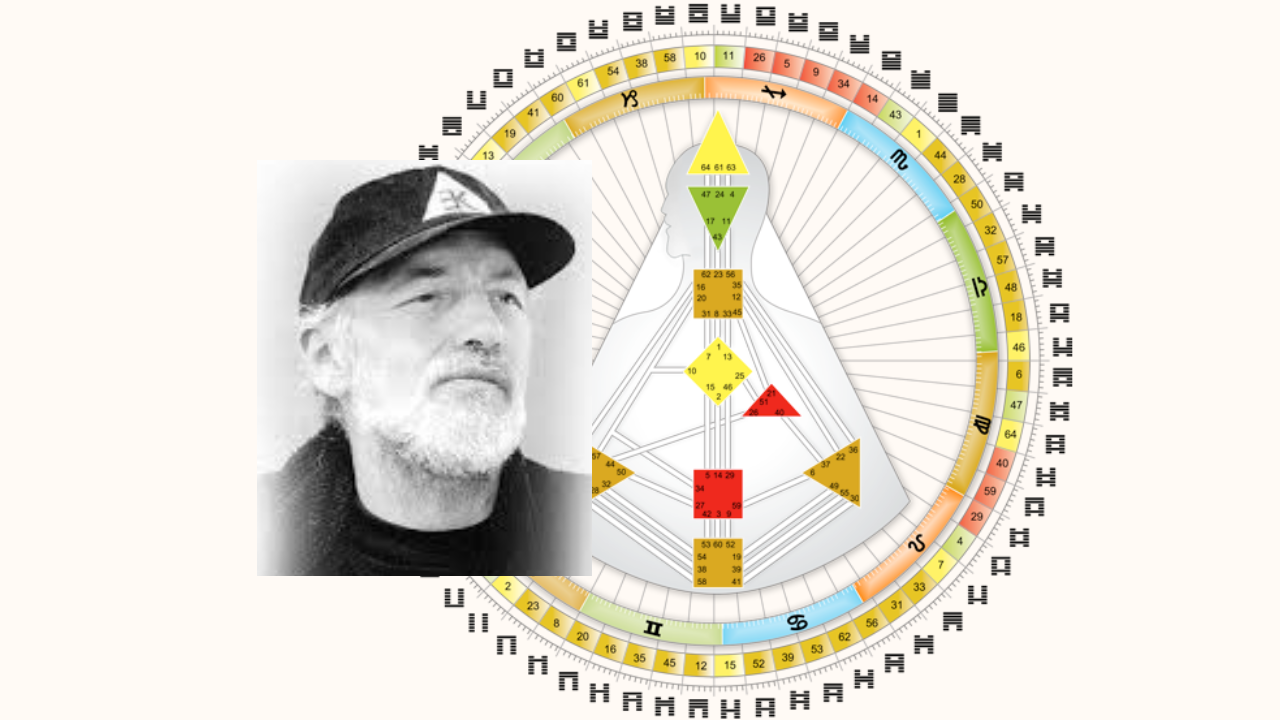Hello friend! In this post, I’ll help you discover your strengths and give you examples of how to use them in order to improve your daily life and become the best version of yourself.
Disclaimer: As an amazon affiliate, I earn a small commission on qualifying purchases.
Benefits Of Knowing Your Strengths
- Helps Achieve Goals
- Improves Relationships
- Builds Confidence
- Makes Life and Work More Meaningful
- Increase Self Awareness
- Brings Opportunity
How To Discover Your Character Strengths
Below is a FREE Guide that helps you discover your character strengths. Shout out to VIA for coming up with these 24 basic elements of your personality.
Questions To Ask Yourself:
- What am I good at?
- What do I enjoy the most?
- What experiences bring out the best of me?
- What makes for a satisfying day?
- What experiences give you a sense of authenticity?
- Think of a time that you felt like the real you.


The 24 Character Strengths
Listed below are the 6 CORE VIRTUES (Wisdom and knowledge, Courage. Humanity, Justice, Temperance, Transcendence) with corresponding character traits associated with that virtue.
WISDOM & KNOWLEDGE
This core value details the acquisition and use of knowledge and consists of Curiosity, Creativity, Open-Mindedness, Love of Learning, and Perspective as its character strengths.

Curiosity
Curiosity is an interest, novelty-seeking, or openness to experience. Curiosity means being interested in new experiences and actively seeking out challenging opportunities. It can be broken down into three categories: interest, searching for novelty, and being open to trying new things. Individuals with this strength make discoveries and push the boundaries of what is known.
Remember that curiosity is a habit that can be developed over time. The more you actively engage with the world and seek to understand it, the stronger your curiosity will become, enriching your life in the process.
Creativity
Creativity is described as originality or ingenuity. Creativity is using your uniqueness to come up with new and positive ways to improve your own life or the lives of others. It can be as simple as finding clever solutions in everyday situations or creating something completely groundbreaking that gets a lot of recognition. Creative people use their imaginations in unexpected, innovative ways to solve problems they face. While we usually think of creativity in terms of art or science, it can actually be applied to any aspect of life where challenges can be approached imaginatively.
Remember that creativity is not limited to the arts; it can be applied to problem-solving in any field. By consistently nurturing your creativity, you can become more adaptable and innovative in your daily life.
Open-Mindedness
Open-mindedness is also defined as critical thinking. Being open-minded means thinking about and looking at things from different perspectives. It involves being willing to listen to opinions or evidence that contradicts your own beliefs, plans, and goals, and being ready to change them if needed. Open-minded people are fair in considering all the facts before making judgments. This quality helps overcome our natural tendency to favor our own views over others’, which stops many individuals from accepting alternative viewpoints.
Developing open-mindedness requires self-awareness and a willingness to grow. It can lead to more meaningful relationships, better decision-making, and a deeper appreciation for the diversity of thought and experience in the world.
Love of Learning
People who love learning really enjoy studying new things. They like the challenge of gaining new skills or satisfying their curiosity, even if there are no immediate benefits. This love for learning helps them keep going despite any difficulties they encounter in educational settings, whether at school or outside it.
By making learning a lifelong habit and integrating it into your daily routine, you can foster a deep love of learning that contributes to personal development and a richer, more fulfilling life.
Perspective
Perspective also known as wisdom, is different from intelligence and refers to having a higher level of understanding and judgement. This quality enables someone to give wise advice to others. It helps them tackle challenging questions about the principles of right and wrong and how life should be lived. Those with perspective recognize larger patterns in their lives, know their own strengths and weaknesses, and understand the importance of contributing positively to society.
Cultivating the strength of perspective requires a commitment to lifelong learning and an openness to the richness of diverse human experiences. By actively seeking out different viewpoints and engaging in thoughtful discussions, you can develop a more empathetic and inclusive perspective in your daily life.
COURAGE
This core value exercises the will to accomplish goals in the face of opposition whether external or internal and consists of Bravery, Persistence, Integrity, and Vitality as its character strengths.

Bravery
Bravery also known as valor. Being brave means being willing to help others even if there are big risks. It is the ability to face and overcome challenges or pain that comes with doing good things for other people. Brave acts are done on purpose, knowing that they might encounter difficult situations. People who are brave care a lot about doing what’s right, no matter what happens as a result.
Remember that bravery doesn’t always involve grand gestures or acts of heroism. It can manifest in everyday choices and actions, such as speaking your truth, embracing vulnerability, and advocating for what is right. By consistently practicing bravery in your daily life, you can become more resilient and courageous in facing life’s challenges.
Persistence
Persistence can also be called perseverance or industriousness. Persistence means having the mental strength to keep going, even when things get tough. It requires staying dedicated and focused on your goals, no matter what obstacles you face. Persistent people are determined to finish what they start and won’t let hardships stop them from achieving their ambitions. The bigger and more ambitious your goals are, the more important it is to stay persistent in order to achieve them.
Cultivating persistence requires discipline and a growth mindset. By setting clear goals, staying organized, and learning from setbacks, you can develop the resilience and determination necessary to overcome challenges and achieve your long-term objectives.
Integrity
Integrity is also called authenticity or honesty. Integrity is all about being truthful and genuine in how you speak and present yourself. A person with integrity is open, honest, and doesn’t try to mislead others. This helps them feel like they own their thoughts, feelings, and responsibilities without worrying about fitting in or pleasing others. They can experience a real sense of completeness thanks to this strength.
Cultivating integrity is an ongoing process that requires self-awareness and a commitment to ethical behavior. By consistently acting with honesty, transparency, and respect for others, you can strengthen your integrity and build trust in your relationships and community.
Vitality
Vitality can be known as zest, enthusiasm, vigor, and energy. Vitality is a way of living that values energy, liveliness, excitement, and enthusiasm. A vital person sees life as an exciting adventure to fully engage in. Having vigor allows one to enjoy the connection between our mind and body while reducing stress and improving health. Vitality is different from contentment because it includes more activation both mentally and physically along with greater enthusiasm.
Cultivating vitality requires a holistic approach that addresses both physical and mental well-being. By incorporating these practices into your daily life, you can enhance your overall energy levels and zest for living.
HUMANITY
This core value tends to befriend others easily and consists of Love, Kindness, and Social intelligence as its character strengths.

Love
People who love others want to have close relationships with them, especially ones where they share and care for each other. Love can be shown towards people we rely on, those who rely on us, and those we feel romantically or emotionally connected to. This gives people the ability to trust others and make them a priority when making choices. They find happiness in being devoted to their loved ones.
Developing love as a character strength involves consciously choosing to prioritize empathy, kindness, and connection in your daily life. These actions can lead to more fulfilling and positive relationships with others and contribute to a happier and more loving world.
Kindness
Kindness is commonly referred to as generosity, nurturance, care, compassion, altruistic love, or niceness. Being kind means doing nice things for others without wanting anything in return. It’s about treating people well and caring for their feelings. Kind-hearted folks feel happy when they help or give to others, no matter how much they know them or if they’re alike.
Cultivating kindness in your daily life involves making a conscious effort to prioritize compassion and empathy. Small acts of kindness can have a ripple effect, contributing to a more caring and harmonious community and world.
Social Intelligence
Social Intelligence also known as emotional intelligence or personal intelligence is a socially intelligent person who knows and understands their own emotions and the feelings of others. They try to make everyone involved in a social situation feel comfortable and appreciated, regardless of what it is. These individuals can sense how other people are feeling, while also being open about their own emotions. Overall, they are good at building positive relationships with others.
Cultivating social intelligence is an ongoing process that involves self-awareness, empathy, and adaptability in social interactions. By actively working on these skills, you can build more meaningful relationships and navigate social situations with greater ease and effectiveness.
JUSTICE
This core value enhances a healthy community life and consists of citizenship, Fairness, and Leadership as its character strengths.

Citizenship
Citizenship is social responsibility, loyalty, or teamwork. Citizenship means being part of a group and working together for the benefit of everyone. Those who have this strength are loyal to their organizations and willing to make sacrifices for others in their community. The strength of citizenship is shown through feeling connected to society and having a sense of responsibility towards it. Good citizens aren’t blindly obedient, but instead try their best to improve their groups when needed.
Cultivating citizenship means actively participating in the betterment of your community and society as a whole. By taking these actions in your daily life, you can contribute to positive change and create a more vibrant and inclusive environment for everyone.
Fairness, Equity, and Justice
Being fair means treating everyone equally and justly. Fair people don’t let their personal feelings affect how they judge others, but instead use a set of moral values to make decisions. True fairness involves respecting moral guidelines and being compassionate towards others. This quality is important in all aspects of society, from daily interactions to global issues related to social justice.
Cultivating these character strengths requires a commitment to ongoing self-improvement and a dedication to promoting fairness and justice in all aspects of your life. By consistently practicing these principles, you can contribute to a more equitable and just society.
Leadership
Leadership is when someone helps a group work together to achieve something. A leader needs to listen and direct the group, while also considering what other members think and feel. Good leaders can help their group reach goals by working well together in a friendly and organized way.
Leadership is not limited to formal roles or positions; it can be practiced in everyday life by influencing and inspiring others to work toward common goals. By consistently applying these principles, you can become a more effective leader in various aspects of your life.
TEMPERANCE
This core value protects against excess and consists of Forgiveness, Humility, Prudence, and Self-Regulation as its character strengths.

Forgiveness and Mercy
This strength is about forgiving those who have hurt or upset us. It means accepting the flaws of others, giving them another opportunity, and resisting the urge to hold a grudge or seek revenge. Forgiveness helps let go of harmful anger and show kindness towards someone who has done wrong.
Cultivating forgiveness and mercy is a personal and ongoing journey. It not only benefits your own mental and emotional well-being but also contributes to more compassionate and harmonious relationships with others.
Humility and Modesty
Being humble means not bragging or showing off. It doesn’t mean thinking poorly of oneself, but rather not considering oneself superior to others. Humble people are aware of their own weaknesses and mistakes and are willing to accept help from others.
Cultivating humility and modesty requires ongoing self-awareness and a commitment to personal growth. By actively practicing these principles, you can build stronger relationships, foster a sense of interconnectedness, and contribute positively to your community and society as a whole.
Prudence
Prudence means being careful and thoughtful about the choices we make, especially when it comes to our long-term goals. It involves avoiding unnecessary risks and considering how our short-term decisions will affect those bigger ambitions. People who are prudent know how to control impulsive behavior and think ahead about the consequences of their actions. Being prudent doesn’t mean being cheap or afraid; instead, it’s a smart approach that helps us achieve important life goals in an effective way.
Cultivating prudence involves a thoughtful and cautious approach to decision-making and life planning. By practicing these principles, you can make more informed choices and create a more stable and secure future for yourself and those around you.
Self-Regulation
Self-Regulation known as self-control means having control over oneself to reach goals or meet expectations. People who are good at self-regulating can manage their natural reactions, like being aggressive or impulsive, and instead act in ways that align with predetermined standards of behavior. This ability helps individuals resist temptations, such as a dieter saying no to sugary foods and also enables them to take proactive steps towards achieving something, like waking up early for exercise.
Cultivating self-regulation is an ongoing process that involves self-awareness and self-discipline. By practicing these principles, you can improve your emotional resilience, decision-making, and overall well-being.
TRANSCENDENCE
This core value forges connections to the larger universe and provides meaning and consists of Appreciation of Beauty and Excellence, Gratitude, Hope, Humor, and Spirituality as its character strengths.

Appreciation of Beauty and Excellence
Appreciation of Beauty and Excellence is awe, wonder, or elevation. People who appreciate beauty feel amazed by the things and patterns they see. They enjoy looking at beautiful things, as well as appreciating the skills of others and moral goodness. Beauty is everywhere in life – from nature to arts, mathematics, science, and even everyday moments. This strength helps people find satisfaction and richness in their daily experiences.
Appreciating beauty and excellence is about having a keen sense of wonder and an open heart to the world’s wonders, both natural and human-made. By actively engaging with and celebrating beauty and excellence in your daily life, you can develop a deeper sense of gratitude and awe for the world around you.
Gratitude
Being grateful means being aware of and appreciative of the good things in our lives. Grateful people make an effort to say thank you and think about all that they have been given. We can be thankful towards someone specific, a higher power, or even just acknowledge how lucky we are to exist. This mindset involves recognizing and showing goodwill for the blessings we receive from others.
Cultivating gratitude involves a conscious effort to shift your focus from what’s lacking to what’s present and positive in your life. By practicing these principles, you can develop a more grateful and contented outlook on life.
Hope
Hope is optimism, future-mindedness, and future orientation. Hope is believing that good things will happen in the future. People who are hopeful have confidence that their efforts toward achieving goals will be successful. This quality makes people anticipate positive outcomes for themselves and others.
Cultivating hope involves consciously choosing to focus on the positive aspects of life and the potential for a brighter future. By practicing these principles, you can develop a more hopeful and optimistic outlook on life, which can help you navigate challenges and pursue your goals with confidence.
For more reading on what makes for a happy life, read this article here.
Humor
Humor or playfulness is about laughing, teasing in a friendly way, and making others happy. People with this strength find reasons to be cheerful instead of getting discouraged when faced with difficulties. Humor isn’t just telling jokes – it’s a playful and creative attitude towards life.
Cultivating humor in your daily life can lead to reduced stress, improved relationships, and a generally more positive outlook. It’s important to remember that humor can be a valuable coping mechanism during difficult times and can help create bonds with others through shared laughter.
Spirituality
Spirituality is religiousness, faith, or having purpose. Spirituality is something that everyone experiences and it involves understanding our role in the world. It can involve religious beliefs and practices, but it’s not limited to them. Spirituality helps us appreciate everyday life as sacred, brings comfort during tough times, and lets us experience something beyond the ordinary.
Spirituality is a deeply personal journey, and what works for one person may not work for another. It’s important to explore various practices and beliefs to find what resonates with you and helps you develop your sense of spirituality in a way that feels authentic and meaningful.







